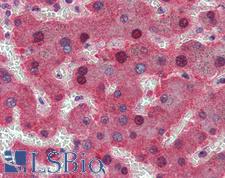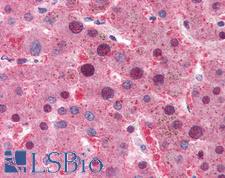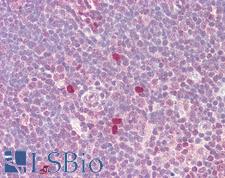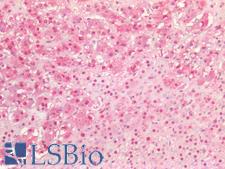Login
Registration enables users to use special features of this website, such as past
order histories, retained contact details for faster checkout, review submissions, and special promotions.
order histories, retained contact details for faster checkout, review submissions, and special promotions.
Forgot password?
Registration enables users to use special features of this website, such as past
order histories, retained contact details for faster checkout, review submissions, and special promotions.
order histories, retained contact details for faster checkout, review submissions, and special promotions.
Quick Order
Products
Antibodies
ELISA and Assay Kits
Research Areas
Infectious Disease
Resources
Purchasing
Reference Material
Contact Us
Location
Corporate Headquarters
Vector Laboratories, Inc.
6737 Mowry Ave
Newark, CA 94560
United States
Telephone Numbers
Customer Service: (800) 227-6666 / (650) 697-3600
Contact Us
Additional Contact Details
Login
Registration enables users to use special features of this website, such as past
order histories, retained contact details for faster checkout, review submissions, and special promotions.
order histories, retained contact details for faster checkout, review submissions, and special promotions.
Forgot password?
Registration enables users to use special features of this website, such as past
order histories, retained contact details for faster checkout, review submissions, and special promotions.
order histories, retained contact details for faster checkout, review submissions, and special promotions.
Quick Order
PathPlusTM MYC / c-Myc Antibodies
MYC (c-Myc) is a multifunctional nuclear phosphoprotein that plays a central role in cell cycle progression, apoptosis and cellular transformation. It is one of the Yamanaka master transcription factors (MYC, OCT4/POU5F1, SOX2 and KLF4) that are involved in transdifferentiation, induced pluripotency and aging. It regulates the transcription of thousands of specific target genes (roughly 15% of all genes), and it generally upregulates their expression. MYC itself is broadly overexpressed in cervical, colorectal, breast, lung, stomach and other cancers. Mutations, rearrangements and translocations of this gene have also been associated with a variety of hematopoietic tumors, leukemias and lymphomas, including Burkitt’s lymphoma. In immunohistochemistry of normal tissues, MYC has nuclear positivity in all cells with the exception of stroma and glial cells.
References: Proceedings of the National Academy of Sciences of the United States of America. 85 (9): 3052–6, PMID: 2834731; PLoS One. 2008;3(10):e3534, PMID: 18953412; Science. 2017 Aug 18;357(6352). pii: eaan2507, PMID: 28818916; Cell. 2016 Dec 15;167(7):1719-1733.e12, PMID: 27984723
4 PathPlusTM Antibodies




☰ Filters
Products
Antibodies
(4)
Type
Primary
(4)
Target
MYC / c-Myc
(4)
Reactivity
Human
(3)
Mouse
(1)
Rat
(1)
All species
(1)
Application
IHC
(3)
IHC-P
(4)
WB
(3)
Flo
(2)
ELISA
(1)
IF
(1)
IP
(2)
Peptide-ELISA
(1)
Host
rabbit
(2)
mouse
(2)
Product Group
PathPlus Cancer
(4)
PathPlus Cancer Pathology
(4)
Isotype
IgG
(1)
IgG1
(2)
Clonality
monoclonal mc
(2)
polyclonal pc
(2)
Clone
9E10
(2)
Format
Unconjugated
(4)
Epitope
aa25-74
(1)
aa400-450
(1)
aa408-439
(1)
Publications
No
(3)
Yes
(1)

Cancer Pathology
Cancer
MYC / c-Myc Mouse anti-Human Monoclonal (aa408-439) (9E10) Antibody
Human
ELISA, Flo, IF, IHC, IHC-P, IP, WB
Unconjugated
50 µg/$460

Cancer Pathology
Cancer
MYC / c-Myc Mouse anti-Human Monoclonal (aa400-450) (9E10) Antibody
All species, Human
Flo, IHC, IHC-P, IP, WB
Unconjugated
0.05 mg/$375

Cancer Pathology
Cancer
MYC / c-Myc Rabbit anti-Human Polyclonal (aa25-74) Antibody
Mouse, Rat, Human
IHC, IHC-P, Peptide-ELISA, WB
Unconjugated
100 µl/$375

Cancer Pathology
Cancer
Fast Shipping
MYC / c-Myc Rabbit anti-Human Polyclonal Antibody
IHC-P
Unconjugated
50 µg/$395
Viewing 1-4
of 4
product results











